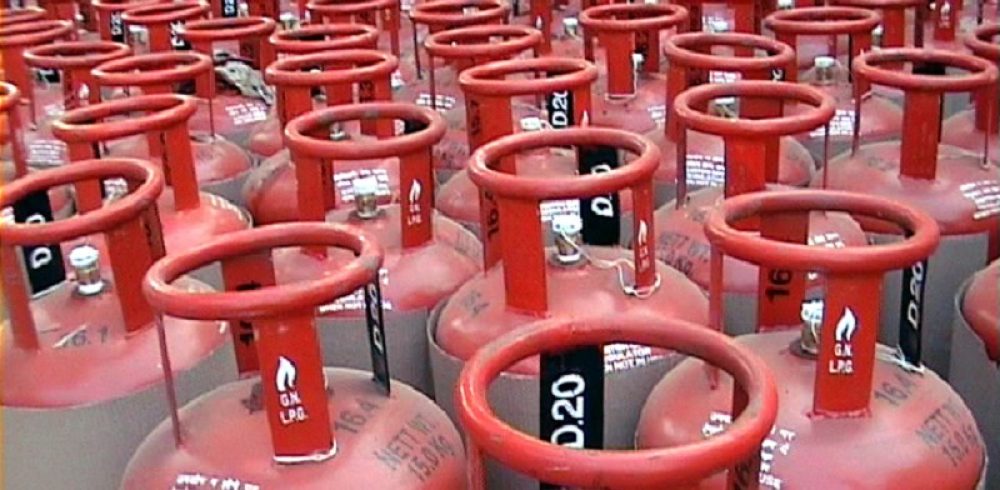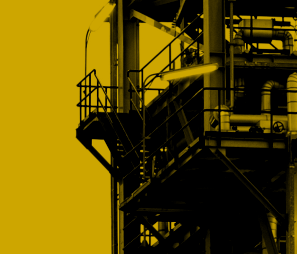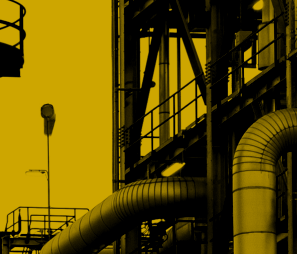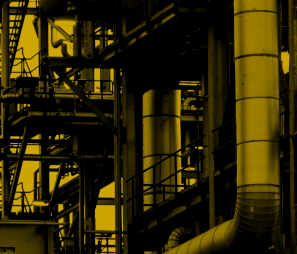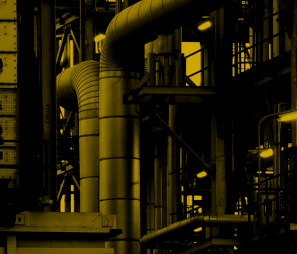For a number of years, the fuel of choice for off-grid manufacturing and industrial processing plants has been oil. However, it would appear that there is a change on the horizon, with an increasing number of businesses making a simple conversion to Liquid Petroleum Gas.
The industrial and manufacturing industries need a significant level of energy to function. This energy requirement is considered to be one of the largest variable costs to a manufacturing business. Therefore, searching for a more cost reliant energy source could lead to significant savings for businesses in this industry.
Many manufacturing plants can be found close enough to cities and towns to be able to operate on the national gas and electricity grids. In this case the source of their energy is simple and only in need of negotiating the best deal with providers on a slightly larger scale that would be required by homes.
However, there is a huge number of operations in the industrial and manufacturing industry that are located in rural settings and away from the national gas grid. These locations pose more of a challenge and can have a larger impact on their businesses. Commonly companies have had to use oil to meet their energy demands. It would seem now however, that more companies are becoming aware of an alternative. Liquefied Petroleum Gas, or LPG has the potential to reduce costs for companies as well as lowering carbon emissions and improving the production process for the manufacturing industry.
LPG is normally cheaper than oil, according to Flogas Britain, one of the leading suppliers of the fuel in the UK. The oil to gas conversion projects for industrial and manufacturing companies can also save as much as 20% on fuel bills and can show a return on investment in as quickly as 12 months. LPG also offers a strong environmental case, as it is cleaner than most other fuels and can help towards improved air quality moves and the reduction of greenhouse gas emissions.




